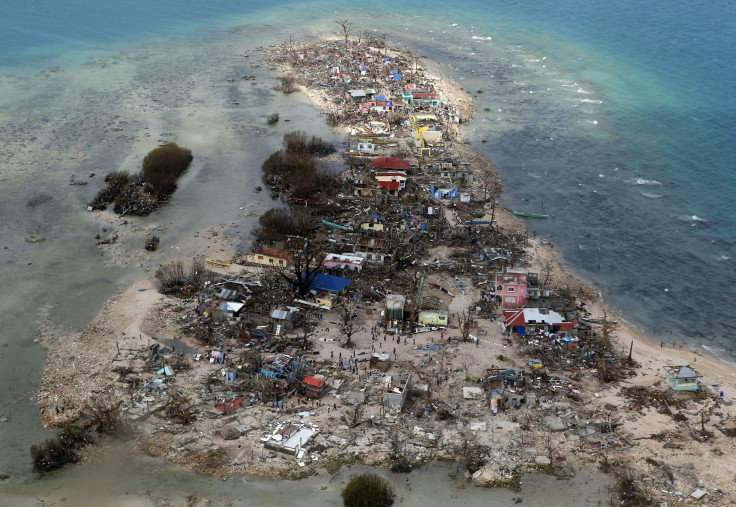Climate Change Effects Could Cost Investors $4 Trillion In Assets, Report Warns

Private investors risk losing more than $4 trillion in assets due to the devastating effects of climate change. Rising sea levels, intense flooding and more severe storms threaten to wipe out or diminish portfolios due to property damage, weaker growth and lower asset returns, the Economist Intelligence Unit said in a report Friday.
Assets at stake amount to roughly one-fourth of U.S. gross domestic product. The number could swell to nearly $14 trillion if the Earth’s temperatures warm by a staggering 6 degrees Celsius (10.8 degrees Fahrenheit) compared to the pre-industrial era. From the public-sector perspective, extreme warming represents value losses of $43 trillion, or 30 percent of the entire stock of the world’s manageable assets, the report said.
“Institutional investors need to assess their climate-related risks and take steps to mitigate them; very few have begun to do this,” the report said.
Climate scientists say the world is on track to warm by at least 2 degrees Celsius (3.2 degrees Fahrenheit) by 2050 if countries don’t take dramatic steps to reduce greenhouse gas emissions from power plants, tailpipes and buildings. Even lesser degrees of warming will have dire consequences for the world’s food supplies, coastal communities and human health.
The report arrives as leaders from nearly 200 nations are preparing for high-stakes climate change talks in Paris this December. Governments have agreed to forge a pact to slash their greenhouse gas emissions and help poorer nations adapt to climate impacts. But the emissions targets announced by countries so far suggest the treaty won’t be strong enough to make a meaningful dent in climate emissions.
“Investors currently face a stark choice,” said the report's editor, Brian Gardner, said in a statement.
Investors in fossil-fuel companies may see the value of their holdings decline if governments adopt strict limits on carbon dioxide emissions. But absent such regulations, investors could face “substantial losses across the entire portfolio of manageable assets” if little is done to limit global warming, Gardner said.
“Charting a path away from these two options should be a strong motivation for long-term investors to engage with companies in their portfolios and to shift investments towards a profitable, low-carbon future,” he said.
© Copyright IBTimes 2024. All rights reserved.











